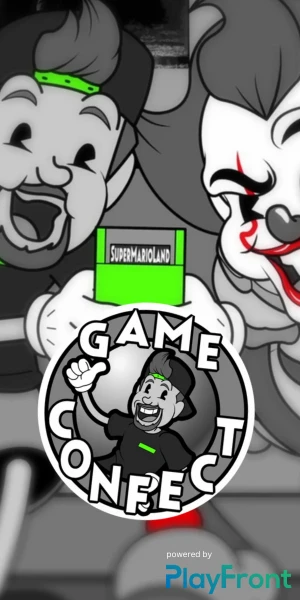Sony's foray into the live service market was a dangerous bet from the start, one that ultimately ended in disaster. The notion that Sony could conquer the live-service gaming market had been a dangerous bet under the leadership of former CEO Jim Ryan It had its attractions: more revenue, more opportunities for constant interaction with players, and all under the umbrella of the PlayStation brand. But as charming as this vision sounded, it was simply unrealistic and was built on a foundation of false assumptions and mismanagement.
Vision was viewed skeptically
Hardcore PlayStation fans, who had celebrated the company for years for creating masterful single-player experiences, were naturally skeptical of this move. After all, in the past generation of consoles, Sony had created blockbusters such as "The Last of Us" and "God of War" - and these titles stood in stark contrast to the ongoing new, live-powered game worlds that Sony now wanted to create. However, despite the criticism, the company was fully committed to the live service model.
The result of this strategy is now obvious: Sony has just Two major projects from our own first-party portfolio - one from Bluepoint and the other from Bend Studio - were canceled. Both studios, which have caused a stir in the past with remakes and open worlds, actually had the potential to develop groundbreaking games, but instead their projects petered out in the sand of the live-service twilight forest. What Sony has to lose here is not only its reputation as a game developer, but also the millions invested in the projects.
And then there's "The Last of Us: Multiplayer" - another example of an ambitious, but Ultimately a failed project. Naughty Dog, the studio behind this franchise, still has enough resources to continue its projects, but this experiment has also been halted, which begs the question: How many more sunk millions had Sony invested to penetrate the market without really understanding how it works?

The result is downright frightening
The view of Sony's failed experiments is nothing less than frightening: The 3.6 billion dollar takeover of Bungiewhich ultimately brought no success worth mentioning, the embarrassing fail with Deviation Games, and the Complete failure of "Concord" including studio closures. All of this adds up to a picture of absolute chaos that Sony now urgently needs to turn around. The announced focus on "Marathon" and Horizon as live service games seems more like a desperate flight forward - and at a time when the air is slowly getting thin.
The question remains: Where does PlayStation stand now? After all these failures, Sony could be facing an internal crisis in which the decisions of recent years turn out to be fundamental miscalculations. However, the company now seems to be trying to turn things around. The focus could shift back to the traditional model - good news for all those hoping for a high-quality single-player experience - even if this return According to industry experts will take some time.
Overall, the bitter taste of the realization that Sony has put a lot of time and resources in the wrong direction remains. "Helldivers 2" may be the exception, but the rule was clearly a financial and creative fiasco.







